One word sums up Prince Harry’s big problem
It’s been a turbulent few years for Prince Harry – and it’s now becoming extremely clear what the big issue at the heart of it is.
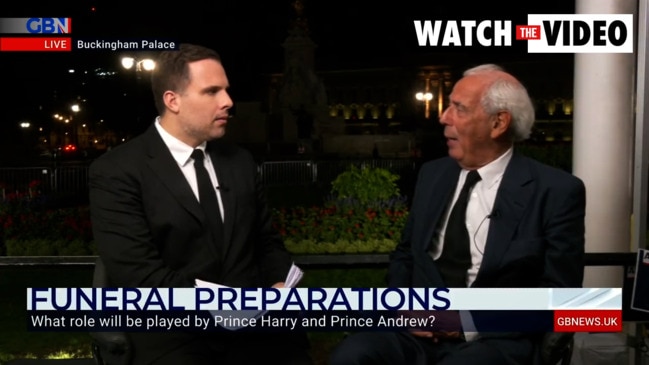
COMMENT
At the age of 10, Princess Elizabeth’s entire life – and the future of the monarchy – was dramatically rerouted.
King Edward VIII, madly in love with twice-divorced American Wallis Simpson, shocked the world with his decision to abdicate, rather than accept the decision that they could not wed.
In that instant, Elizabeth’s father, the Duke of York, became a very reluctant King George VI – and his eldest daughter, the unexpected new heir to the throne.
Sure, the majority of royals don’t “choose” the job (unless they marry into the family), they’re born into it. But the landscape from the outer wings of the line of succession to the top job is barely recognisable as the same view.
The point being: here’s a Queen who not only was unwittingly born into the role, but was then involuntarily thrust into a job of complete dedication and duty which would see her working right up until two days before her death.
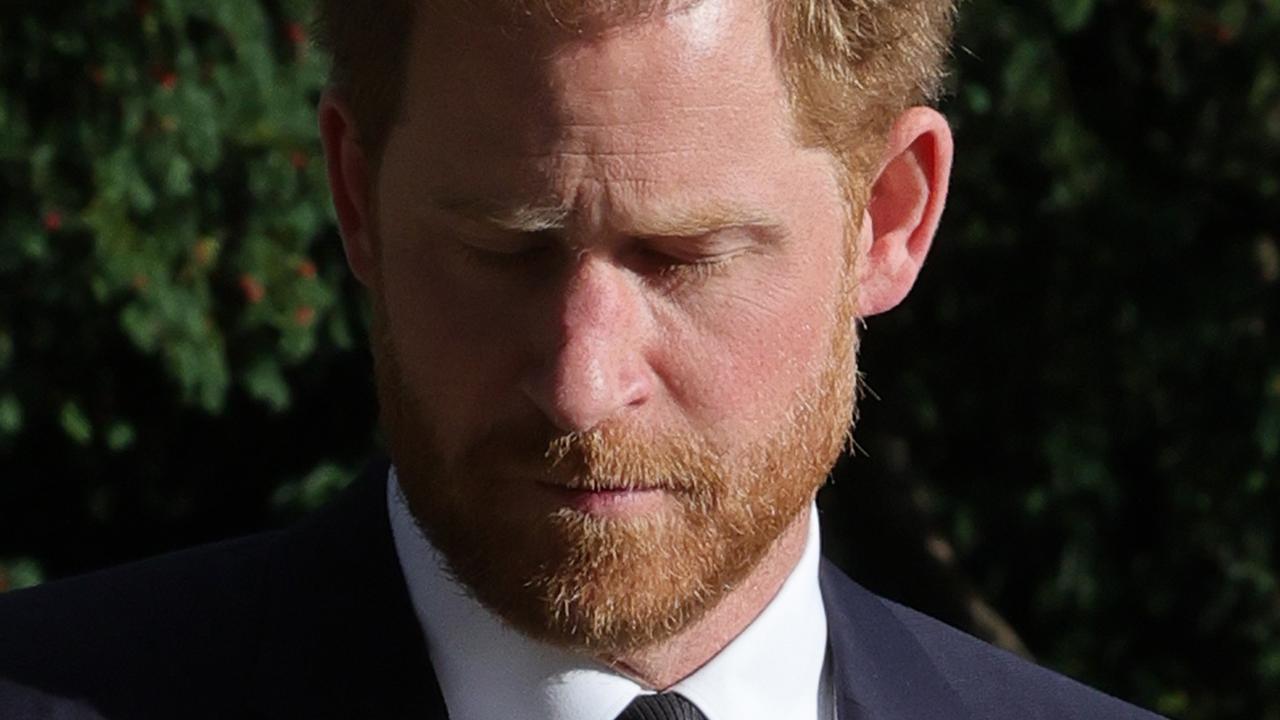
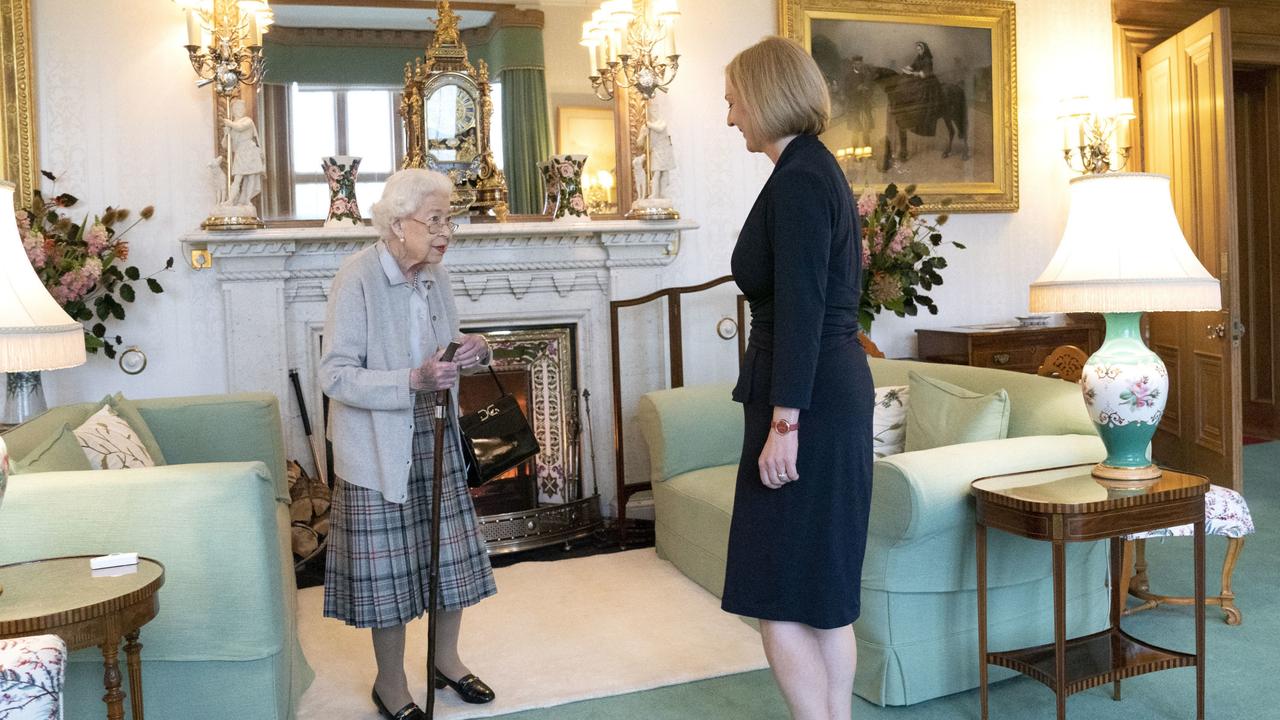
In the United Kingdom this week, where the streets are deeply soaked in reverential grief, her 70-year loyalty to her subjects is reflected back on the faces of millions of Britons of all ages and from all walks of life.
And their tributes for the Queen feature the same words and phrases, over and over again. Here’s a sample:
“She was that constant – she provided security in her demeanour,” Tonya, 41, told news.com.au outside Buckingham Palace.
“She was the best part of our country, she meant everything – she was constant,” Mike, 49, from Bristol, in the south west of England, said.
“She’s always been there, she’s been consistent. She’s always been a constant presence in my life,” Jan, 68, from north London explained.
“There was this warmth and love and steady presence to her,” Hayley, 39, of Essex said.
“She’s always been here, she was dignified, so constant,” Ian, 53, of Somerset said.
“She’s seen a lot of change and was always there, we won't see another like her,” Jill, 50, of Romford, east London, said.
“Not once did she let us down,” added George, 39, of Newcastle, in England’s north east.
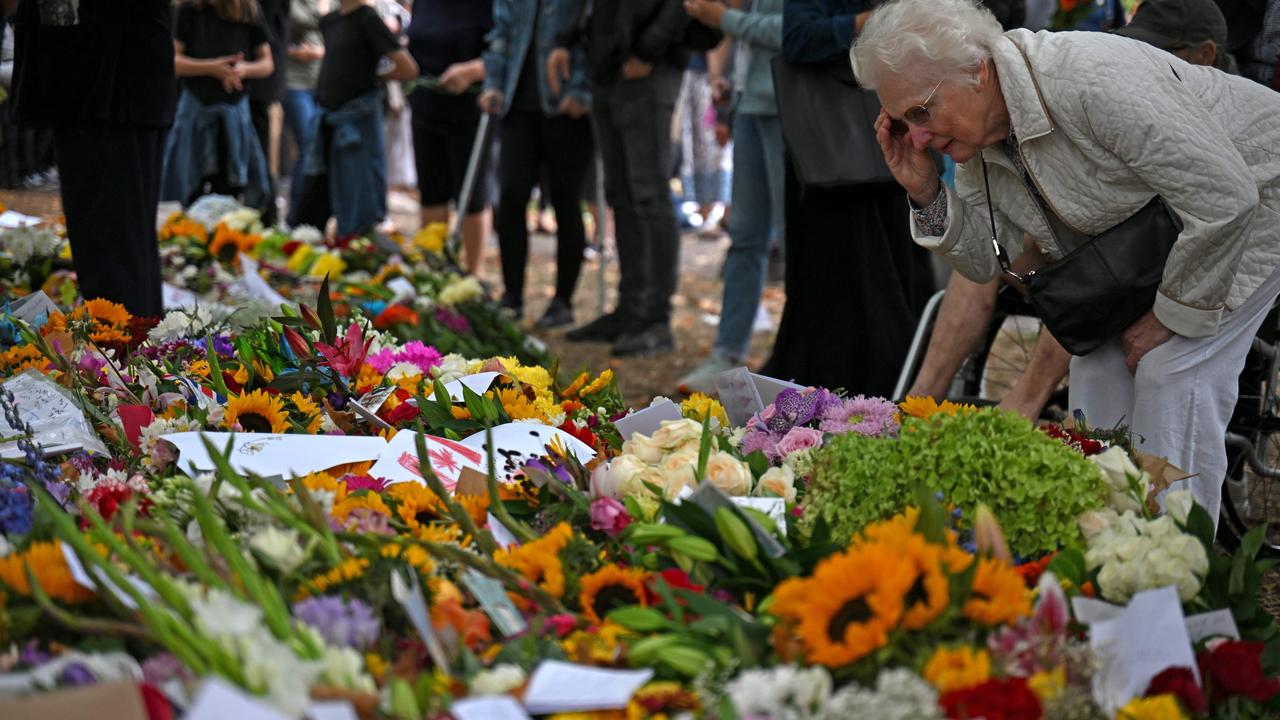
RELATED: Get the latest news on the royal family following the Queen’s death
“Constant”. “Consistent”. “Steady”. Words repeated over and over.
This was a Queen who witnessed enormous social change across her seven decades on the throne, with her final years punctuated by extremely turbulent circumstances, including the Covid-19 pandemic and Brexit.
Before that, she was head of state across post-war austerity, the transition from empire to Commonwealth, and the end of the Cold War.
While never faltering from her position as the steady, dedicated head of state the public had grown to rely on, she even reformed the monarchy for the less-deferential period following the 1960s, introducing walkabouts and offering up a more “accessible” style of royalty.
She was a constant in an ever-changing world, and it’s clear after her death that’s now her legacy.
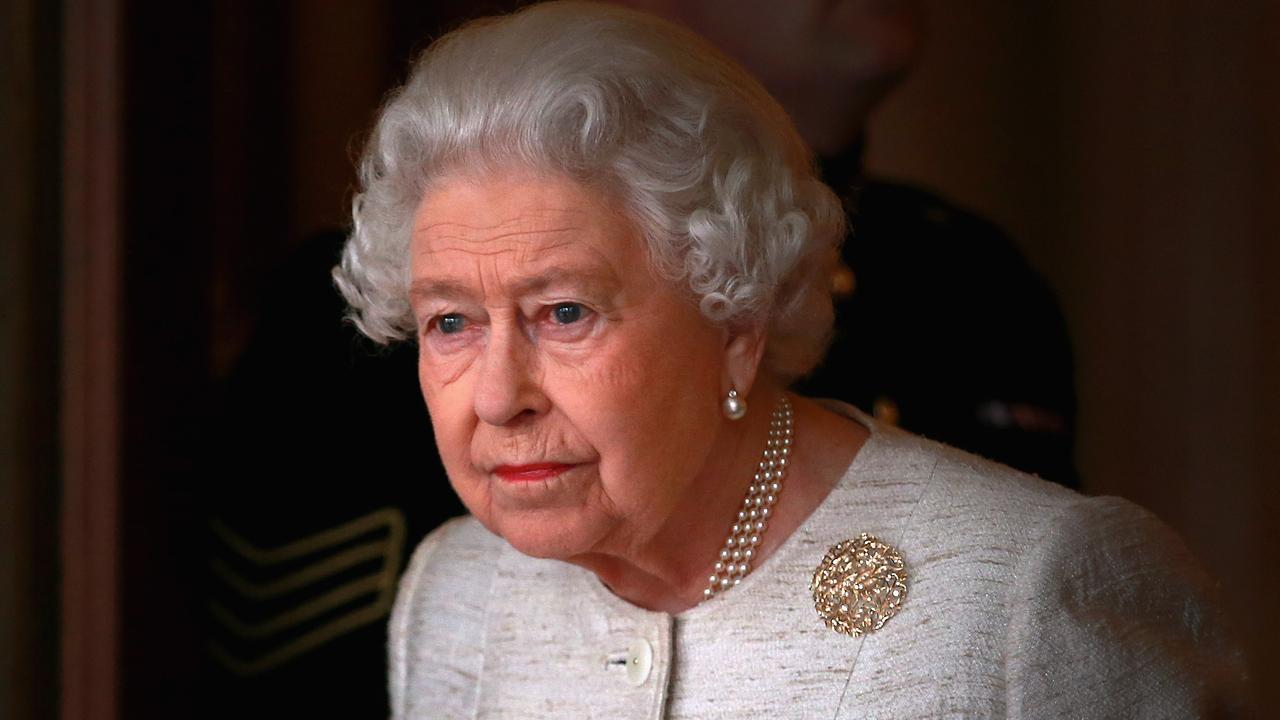
So what next?
Sure, the newly-minted King Charles III had an extremely rocky start in his quest for “steadiness” (the War of the Wales still stings) but in fairness, he’s dedicated the past 20-odd years to turning that around.
Prince William has a reputation for being calm and responsible and you’d be hard pressed to find a critic of his in the crowd on the streets of London.
His brother? The truth is, we rarely know what to expect from Prince Harry, day by day – and it’s that inconsistency which often sees him fall out of favour with the once-adoring public.
His decision to remove himself and wife Meghan Markle from the Royal Family in favour of living as “private citizens” to protect their mental health is completely admirable, and he gets full kudos for putting the wellbeing of his family above all else.
End of story? Not quite.
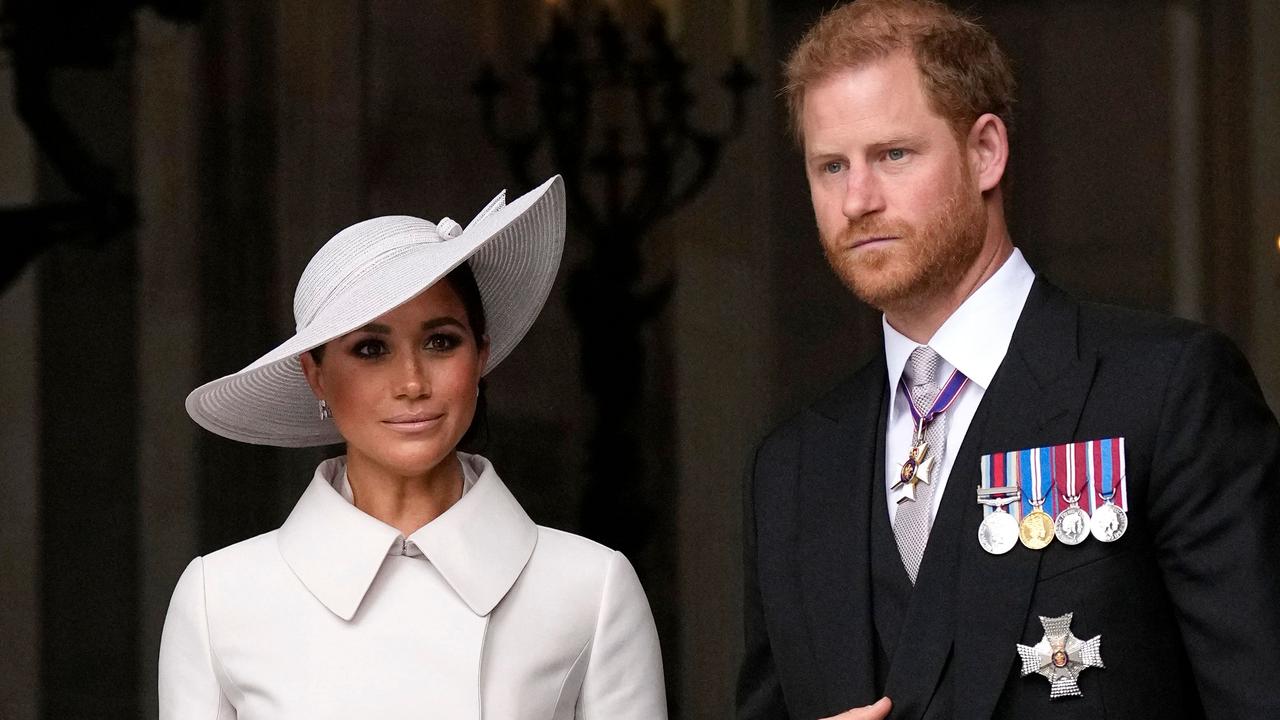
Here we are, less than two years later, eagerly (or in the case of the Palace, anxiously) awaiting the release of his tell-all memoir and the couple’s Netflix documentary.
We’ve got every reason to expect some bombshells and subsequent royal headaches – he and Meghan’s infamous Oprah interview in early 2021 exposed every grievance they had with his family and threw open the doors (literally) to their new, supposedly-private Montecito mansion.
And he couldn’t have made it plainer that he and Meghan have no interest in being associated with the Royal Family, and that they’re better off now without them.
Again, that is completely his prerogative, and most can relate to familial dysfunction.
But it makes Meghan’s comment on her walkabout with Harry, Prince William and Kate Middleton on Saturday in Windsor as they greeted mourners all the more confusing.
“Thank you for being here, it means so much to the family, we appreciate it, thank you,” she told a member of the public who offered condolences on the Queen’s death.
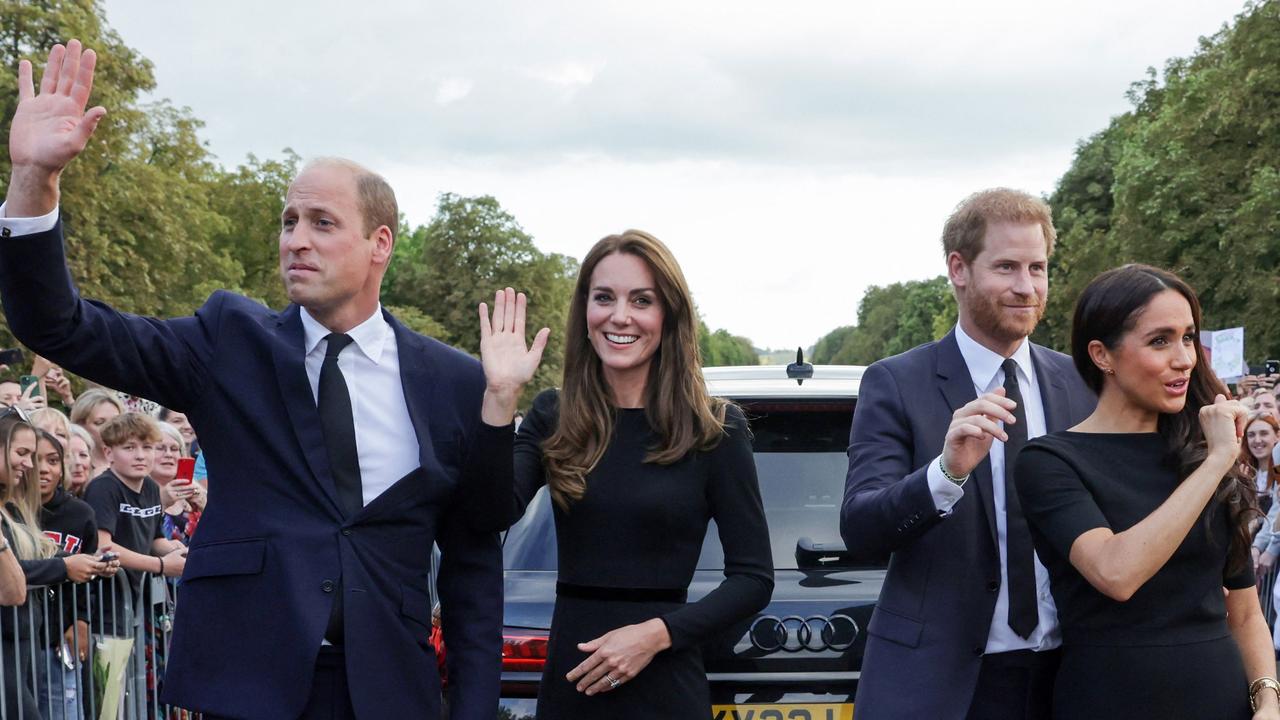
It seems innocuous enough, but on closer inspection, it doesn’t at all fit with the couple’s extremely public cutting of ties with Harry's family.
Are they in “the family”, and part of a “we” after all, or are they not?
The gates of Buckingham Palace may look shiny from out here, but inside, there is a family of people who have had lifelong roles of public duty and extreme scrutiny thrust upon them – and it’s a role that isn’t exactly enviable.
But in a world where there’s suffering, and pain, and loss, and chaos beyond our control, we look to those who can provide a steady hand to lead us through the difficulties.
That is, essentially, the real purpose of the royal family.
The Queen, never having volunteered for her role, did it with an unfaltering grace and consistency we may never see again in a public figure.
And those who were able to personally learn from her would do well to start putting those lessons to use.





